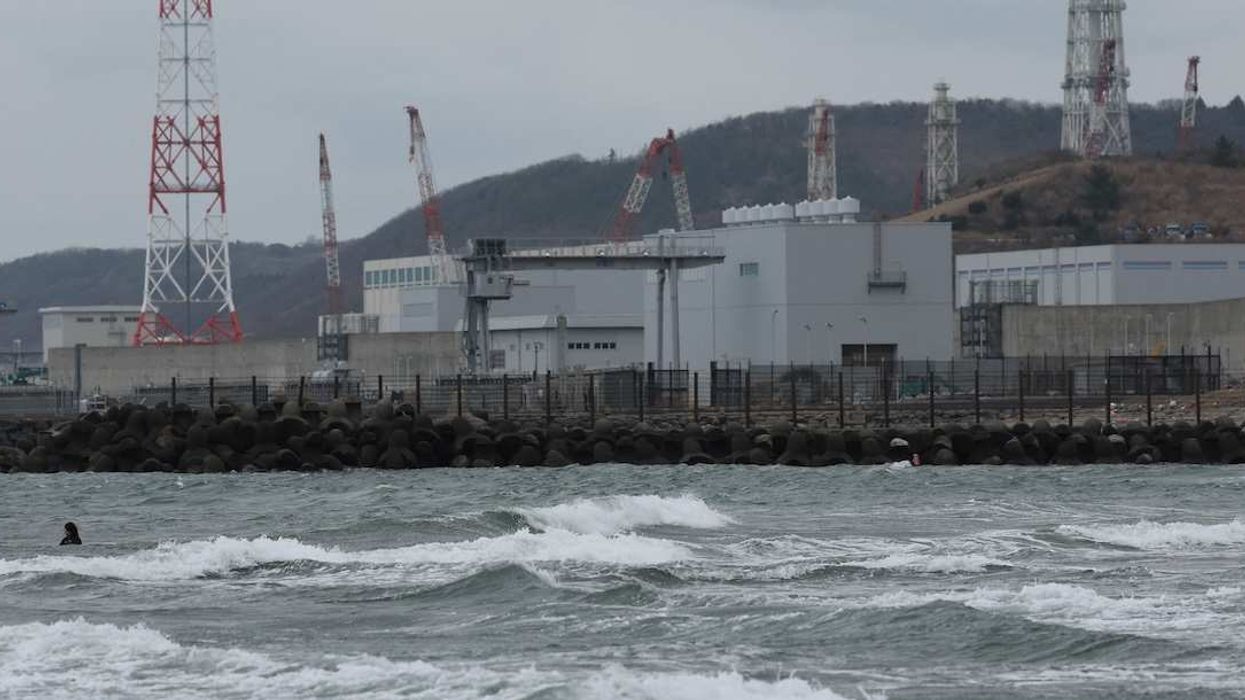What We're Watching
Protests in Iraq – In recent days, thousands of people have hit the streets in southern Iraq to protest widespread electricity shortages and rampant government corruption. The protests come just months after an inconclusive and fraud-tainted election which is currently undergoing a recount. For the time being, a delicate governing alliance has been struck between the current prime minister, Haider Al-Abadi, and the biggest vote-getter, the fiery Shia cleric Muqtada al-Sadr, that should make it possible to form a new government soon. Whether it can deliver the improvements needed to quell popular discontent remains to be seen.
The EU vs Hungary – The European Union has brought a formal complaint against the government of Hungarian Prime Minister Viktor Orban for passing a controversial law that criminalizes any organization that provides aid to asylum-seekers. Brussels says the law violates EU treaties, whereas Budapest says migrants and those who help them compromise Hungary’s security. Coming alongside Brussels’ dispute with neighboring Poland over the government’s judicial power grab, the clash with Hungary raises the stakes in the EU’s deepening conflict over fundamental values and the rule of law with its increasingly nationalistic member states.
What We’re Ignoring
A little dust on the furniture in Addis – Eritrea's embassy in Ethiopia has just opened for the first time in 20 years as part of a recent watershed peace overture between the two countries, which have been in a state of war since the late 1990s. Everything in the building is just as it was when employees left in 2000, down to family photos, wine bottles, bedspreads, a scowling Peugeot 505, all under a thin patina of dust. We are ignoring the dust, which can be swifty swiffed, while remaining keenly interested to how far Ethiopian Prime Minister Abiy Ahmed and his Eritrean counterpart Isaias Afwerki can take a momentous and, until recently, deeply improbable peace process.
Trump critics’ expectations that he’ll change tack on Russia – Trump’s evident obsequiousness before Russian President Vladimir Putin in Helsinki drew criticism from lawmakers across the political spectrum. But don’t expect much to change or for Congress to do much about it. Why? A poll taken since the Helsinki presser shows 79 percent of Republican voters approve of the way Trump handled Putin. As GOP lawmakers look ahead to this fall’s midterm elections, few are willing to substantively challenge a president whom their constituents overwhelmingly support. Trump, for his part, has already invited Putin to Washington.


















